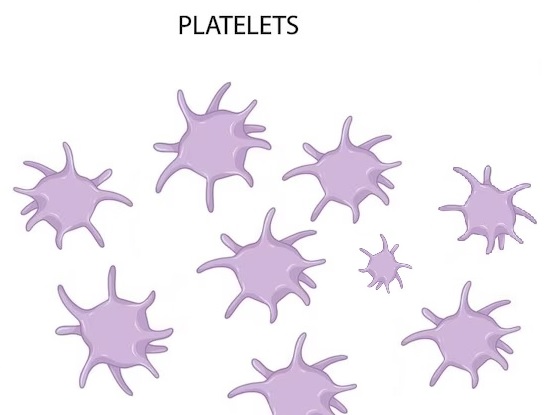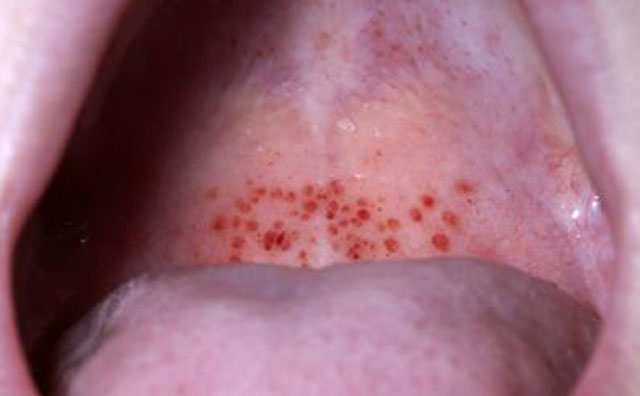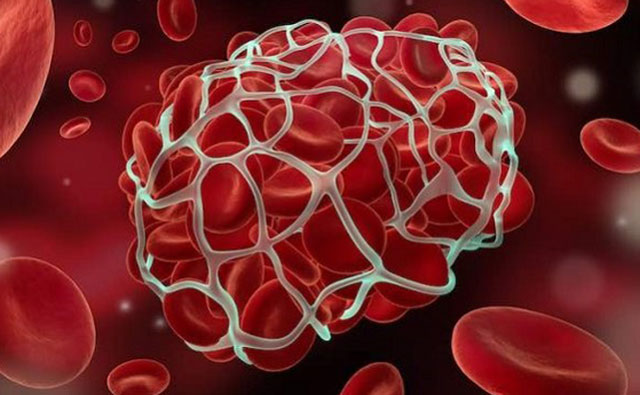Know Your Platelets
Know Your Platelets
Platelets are those tiny particles in our blood that stop the bleeding when we cut our fingers accidentally.
Usually the numbers of platelets ranges between 150000 to 400000 in a cubic mm of blood.
If these numbers drop too much or increase too much, we can get into trouble.
If platelets drop below 150000 or 100000, it’s called thrombocytopenia in medical jargon and if they exceed 450000 it’s called thrombocytosis.

Low platelets are most common when virus infections, like common cold, dengue, jaundice, flu, Covid and so many others.
People get terrified when their blood report says low platelets, but in fact, most often our body makes up the numbers within a short time.
When the numbers go down too much, it’s a more serious affair.
There could be red rashes in the skin, in the mouth and bleeding from nose or gums.
In young girls low platelets are seen in a condition called ITP.
They often come with excess periods.
This condition is because the body makes proteins that destroy platelets.
Other more serious conditions are when the bone marrow stops making platelets.
Alcohol use is rampant in our society and this is a common reason for low platelets, due to liver damage.
If the platelet numbers are high, there can be excessive clotting of the blood.
These can block the blood vessels in heart, brain or other parts of the body, leading to heart attacks or strokes.
These patients need medicines to reduce platelet production usually for life.
Excess platelets in young ladies is also a cause of abortions or clots in the brain.
There are some rare causes for very high platelets which need detailed study.
High platelets above 10 lakhs usually indicate a bone marrow cancer, these people also have excess red and white cells too.
Related articles
Article Links
Introduction to Blood Vaccinations In Adults Lessons From The Covid-19 Pandemic Anemia in a Nutshell Iron Deficiency Anemia Anemia is not always a simple problem Aplastic Anemia Sickle Cell Anemia Nutrition and Anemia Pregnancy and Anemia Diet and Anemia Bone Health Matters Blood Problems From Birth Curable Cancers Are There Cancer in Children Blood Cancer Blood Cancer in Children Why Do Some People Bleed More? Know Your Platelets Platelet Problems When Blood Clots Too Much Thalassemia In India Stem Cell Therapy More About Stem Cell Therapy Stem Cell Treatments : Facts Should You Store Baby’s Cord Cells? What Is Bone Marrow Test? All You Wanted To Know About A Bone Marrow Test Blood Donation : The gift of life Preventive Check Ups: Of Course Or May Be?Related articles
When we get a small injury it is these platelets which spring into action and stops bleeding.
Many virus infections cause low platelets and in India, Dengue infection is one of the common causes for this problem.
Some people are prone to developing thrombosis or clots in their blood vessels.
These can all be detected by special tests and need regular monitoring and treatment by a hematologist.


